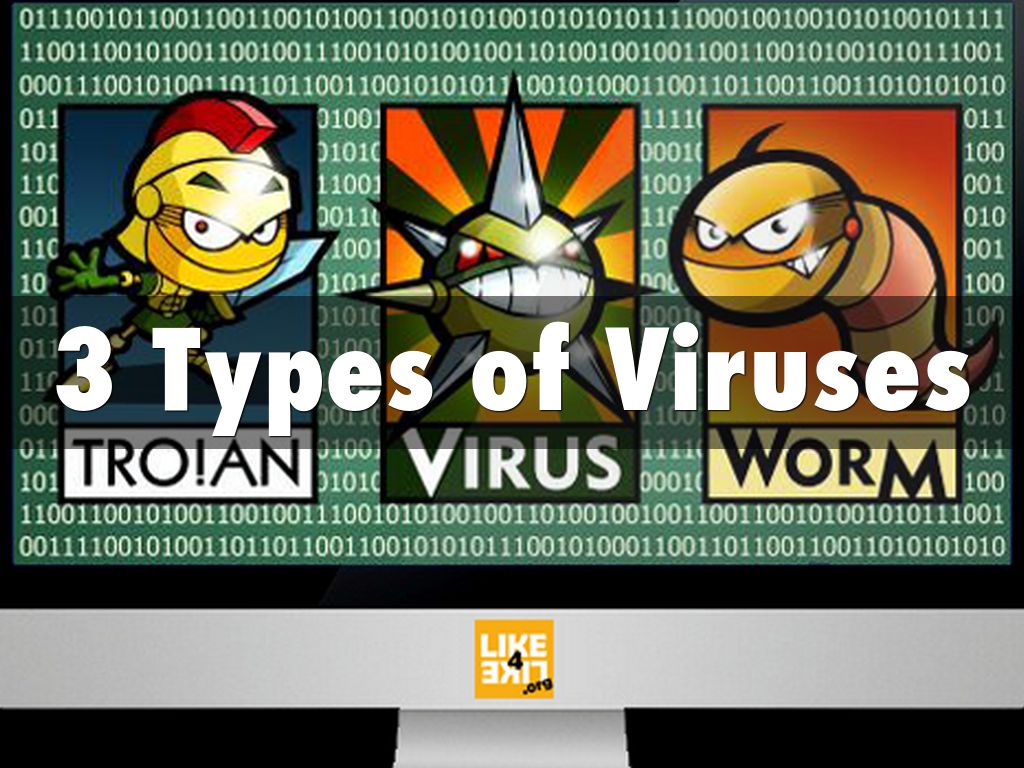

Herpes And It Is Description.
Just like an individual virus is passed for every person reported by best av software, a trojan is passed between computers. It is a program that may copy itself and infect your machine without permission or understanding from the user. It is really an executable program and made to spread itself beginning with infecting executable files or even the system regions of hard and diskettes after which making copies of itself. Strange as it might seem, the trojan is one thing of the Information Age marvel.
Infections can spread rapidly through today's intricate cyber world. Infections and those who write options are intriguing subjects. Their code that has been printed although not really found distributing unmanageable isn't usually considered to be in-the-wild. Infections usually operate with no understanding or need for the pc user and could be split into two sorts, based on their behavior when they're performed. Infections are occasionally wrongly identified as worms and Trojan viruses horses, actually, infections have targeted various transmission media or hosts. Furthermore, infections are software packages, plus they can perform exactly the same things just like any other individuals running on the computer. They have the possibility to contaminate any kind of executable code, not only the files which are generally known as 'program files'.
Distribution Of Infected Files.
The herpes virus is only able to spread in one machine to a different when its host is come to the uninfected machine, for example with a user delivering it more than a network or even the Internet, or by transporting it on the removable medium like a floppy disk, CD, or USB drive. Nonresident infections immediately look for other hosts that may be infected, infect these targets, and lastly transfer control towards the application program they infected. If your user attempts to start an infected program, the virus' code might be performed first.
Anti-virus And How It Operates.
Anti-virus software programs are important not just for that protection of the computer, but the protection from the computers that you're associated with. Once installed, it may be set to operate without anyone's knowledge. Bait files (or goat files) are files which are specifically produced by anti-virus software, or by anti-virus professionals themselves, to become infected with a virus. The infected files may be used to test whether scanner detects all versions of the virus. Anti-virus programs scan disk and memory searching for telltale indications of infections known as signatures. Some infections avoid recognition by killing the duties connected with anti-virus software before it may identify them. Most contemporary programs try to look for virus-patterns inside ordinary programs by checking them for thus-known as signatures. If your virus scanner finds this type of pattern inside a file, it notifies the consumer the file is infected. The consumer may then delete, or (in some instances) "clean" or "heal" the infected file.
Update And Scan Regularly.
So as to benefit from new anti-virus databases, you have to improve your anti-virus program regularly. The database is maintained and updated night and day. Usually, a database is updated instantly whenever a user connects to the web. Preferably, the program itself and it is the database is updated by hand or by installing new software virus information from the website via the Internet. Scan your pc regularly and then any new programs or any other files that could contain executable code prior to running or open them, wherever they are available from.